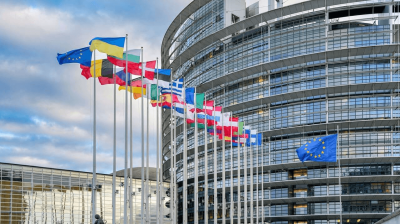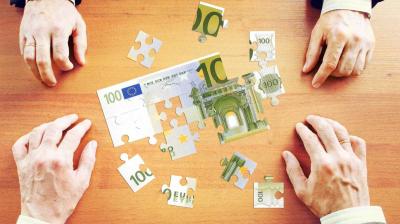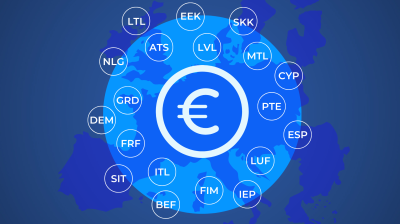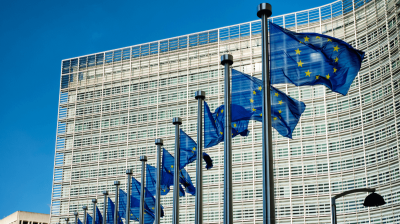This opinion piece by Adriaan Schout was published in De Telegraaf on 6 March 2024.
How to ensure a powerful EU in these turbulent geopolitical times? Is further enlargement the solution, or precisely not? And how much of a say should member states have regarding EU policy? Adriaan Schout sees ‘integration’ becoming a prominent theme as we head towards European Parliament elections in June.
Major cross-border issues are forcing the EU to demonstrate its added value. What to do about European defence, now that the United States is withdrawing? How do we stop the deterioration of the natural environment? Other parts of the world are investing heavily in industry politics; how will Europe respond? Migration continues to pose a headache. The official European story is that such developments require greater powers for the EU, a higher EU budget, Eurobonds and a pan-European tax system. According to traditional federalists, it is time to acknowledge that only a transfer of sovereignty can put an end to fragmentation and friction between EU member states.
''The European Union resembles a loveless marriage with lots of wonderful promises, and even more disagreements. To forge ahead nevertheless is not going to work.''
Support
But the effectiveness of European unity flounders in the face of the voters. The further consolidation of the EU is countered by the rise of right-wing parties. East European countries want more military support for Ukraine, but Spain is reluctant. Poland refuses to buy German tanks on account of historic wounds. Germany disagrees profoundly with Ireland and Spain over Israel. And with money running short, countries are prioritising their own budget.
Despite shared concerns about safety and the environment, our populations are not ingrained Europeans. People of the Netherlands may be the most pro-EU of the lot, but even then an EU flag in the national parliament is a no-go. The Germans and the French are notably less supportive of the EU. Given this tenuous support, optimistic EU goals can easily breed discontent, right-wing parties will benefit, and Ukraine won’t get the support it needs. The European Union resembles a loveless marriage with lots of wonderful promises, and even more disagreements. To forge ahead nevertheless is not going to work.
Enlargement
Significant differences between member states and shaky popular support do not augur well for the prospective enlargement with new member states from the western Balkans all the way to Georgia. The official line is that enlargement will contribute to geopolitical stability. Yet it could also undermine unity. The new member states are compelled to switch to the euro, but are they strong enough? If they remain outside the euro, it would split the EU into an inner circle and an outer circle; which is a recipe for frustration on the part of second-class citizens. If they do introduce the euro, then their economic risks will pose a threat to the eurozone. For an enlarged EU to remain governable, the European Commission is slated for an upgrade to a European government. But will voters accept this further restriction of their national parliaments? The more pressing the agenda, the more apparent the internal divisions will become. The paradox of the ‘ever closer Union’ is that it will falter precisely when you need it most. It is naïve and dangerous to presuppose unity. National parliaments primarily serve their own voters, and can easily put a brake on lofty European ambitions.
“It is naive and dangerous to presuppose European unity.''
Diversity
Instead of pursuing unity, we should respect European diversity. The EU is inherently based on pragmatism and flexibility. Military collaborations through ‘coalitions of the willing’ have even resulted in an ambitious F16 coalition for Ukraine. Allowing member states to determine their own climate goals can be more realistic than the Green Deal ambitions for 2050, on which the Commission is already back-pedalling. In varying compositions and each at their own pace, the member states will jointly solve problems with much squabbling, as they have always done. It might not be pretty, but that’s how the EU inches along. Squabbling is inherent to to all politics.
Previous European Parliament elections were all about European activism and further federalisation. Today, most citizens just want to see pragmatic collaboration. Which happens to be the least-discussed option in European politics. It’s time for European political parties to wake up.








